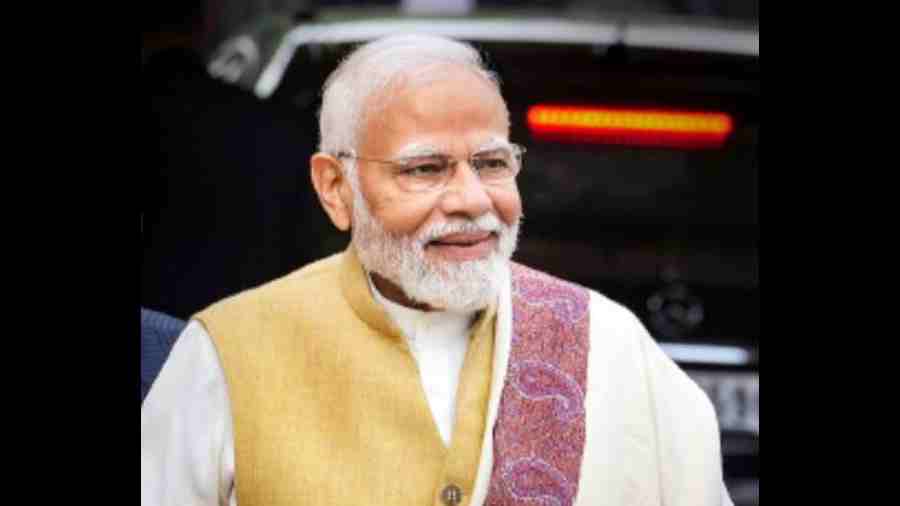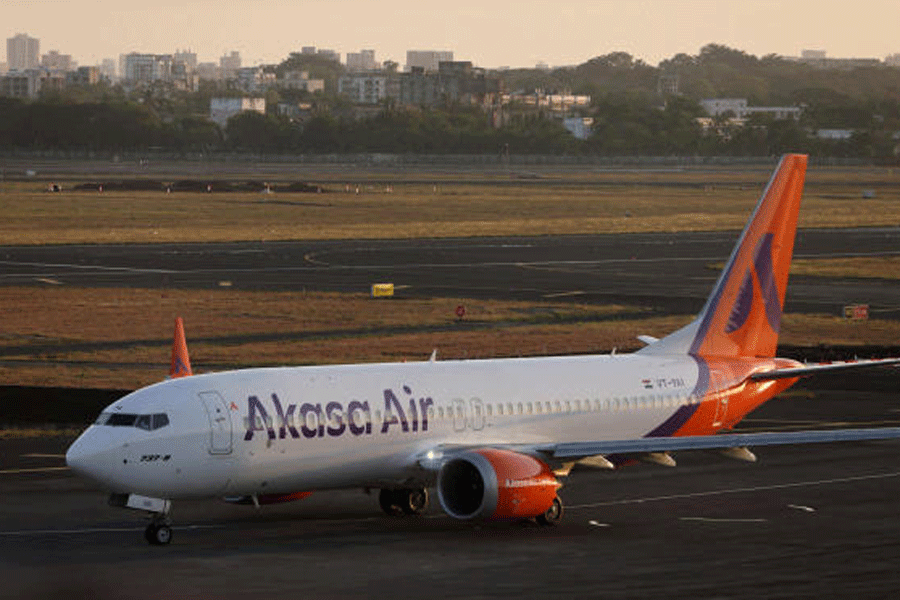The Financial Times is asking whether Gautam Adani’s deal-making abroad has been assisted by Indian Prime Minister Narendra Modi.
The UK newspaper acknowledges there is nothing wrong with a head of the government lending a hand to help businesses in his country get ahead, and quotes Rohit Chandra, an assistant professor at the IIT Delhi School of Public Policy: “Helping Indian infrastructure companies abroad is part of a broader approach to deal-making in international geopolitics.”
But he added that “there’s a fine line between bilateral infrastructure development and predatory infrastructure contracting”.
The FT picked on a number of examples where it feels the Adanis may have benefited from their perceived proximity to the Prime Minister.
The newspaper said: “Shortly after Modi was elected, Adani joined the Prime Minister on a trip to Australia in November 2014 for a G20 summit. During the visit, he announced a $1bn loan from the government-run State Bank of India to support the development of Adani’s Carmichael coal mine in Queensland, which has attracted fierce criticism from environmentalists.”
It added that during “Modi’s visit to Bangladesh the following year to see his counterpart Sheikh Hasina, Adani Power signed a deal under which the Bangladesh Power Development Board would receive power from a coal-based plant in India worth about $2bn.”
The FT mentioned Israel: “Last month a consortium led by Adani’s port division paid $1.2bn for the Haifa port in Israel, another country with which New Delhi has sought to deepen ties.”
There is also a reference to Sri Lanka: “When the Adani Group broke ground on a new container terminal at Colombo port late last year, it was a win not just for the Indian conglomerate but for the government in New Delhi that hoped to extend influence in Sri Lanka.”
It went on: “Prime minister Narendra Modi’s administration had long been keen to offset China’s sway on the nearby island. While Sri Lanka rejected an earlier proposal amid protests about a key asset falling into foreign hands, Adani ultimately secured the majority stake in a $700mn deal to build and operate the terminal. Sri Lanka said at the time the project was ‘approved’ by the Indian government, something New Delhi denied.”
The FT said: “The Adani group, whose owner Gautam Adani has longstanding ties with Modi, has in recent years clinched deals everywhere from Myanmar to Israel as part of an ambitious overseas expansion. The tycoon said last year his group had ‘laid the foundation to seek a broader expansion beyond India’s boundaries’.
“The Adani Group’s overseas forays face intense scrutiny following allegations last month by US short seller Hindenburg Research that it has for decades used fraud and market manipulation to fuel its rise. The conglomerate denies the allegations unequivocally.”
The paper talks about what happened in Sri Lanka: “Well before Hindenburg’s report, these forays have attracted criticism.
“Former Sri Lankan electricity board head MMC Ferdinando provoked outrage after telling the country’s parliament in June that Modi put ‘pressure’ on the island’s then-president, Gotabaya Rajapaksa, to give Adani a renewable energy project.
“Rajapaksa denied the allegations, and within days Ferdinando had retracted the statement and resigned, saying he spoke under ‘unexpected pressure and emotions’.
“Adani said it ‘denies these baseless allegations’ about its Sri Lankan projects. ‘All large infrastructure projects in the countries in which we operate are governed by robust, transparent, and accountable mechanisms,’ it said.”
Matters appear not to have been settled in Sri Lanka, according to the FT. “Even as Sri Lanka and Adani persevere with the conglomerate’s investments on the island, some critics continue to call for a rethink.
“Prasanna Kalutarage, a trade unionist, also said that Sri Lanka came out worse in a deal that favoured India and Adani. ‘The entire (deal) with Adani is a big loss to the Sri Lanka Ports Authority,’ he added.”
Complications have risen with Bangladesh as well. “Officials in Bangladesh also now want to revisit its power deal with Adani. The project, which is due to launch this year, imports power from the 1,600-megawatt Godda power plant in India’s eastern Jharkhand state, generated by burning coal expected to be brought by sea from Adani’s Australian Carmichael mine.
“Bangladesh’s power board wrote to Adani ‘requesting us to consider a discount on the energy charge’, Adani Power said this month. Analysts warn India’s neighbour already faces overcapacity in its coal-power sector. Adani wanted Bangladesh to pay $400 a tonne while Bangladesh was seeking around $250, according to media reports.”
Anu Muhammad, a Bangladeshi professor of economics and civil society activist, is quoted as saying: “This deal was not made to meet our demand for power in Bangladesh. It was designed to satisfy Adani and Modi.”
The FT added: “Adani said this was a baseless allegation, adding that the deal will supply much-needed, reliable power ‘at a very competitive rate’ compared to existing projects in Bangladesh.”
The newspaper cited how Congress leader Rahul Gandhi had argued that “Modi’s government was using its diplomatic corps to advance Adani’s interests over India’s. ‘This is not India’s foreign policy. This is a policy to build his businesses.’ ”
But Amit Shah, the Union home minister, had said “‘there is nothing to hide or be afraid of’ in the Congress’s allegations that the ruling Bharatiya Janata party has favoured Adani’”.












